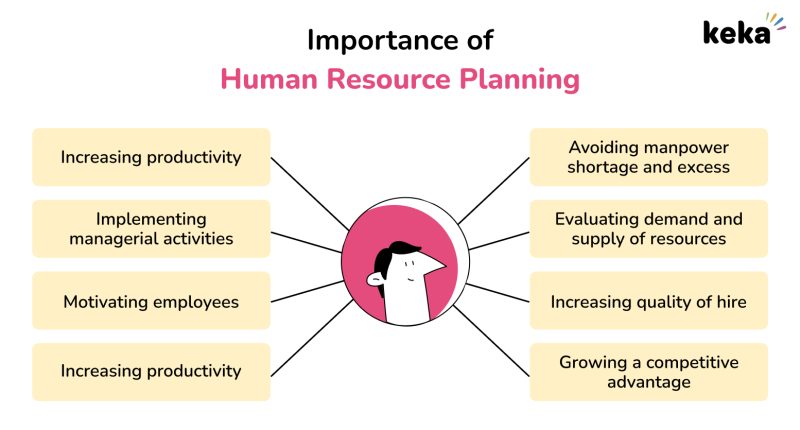How can businesses benefit from a countrys soft power in global markets
Businesses can benefit from a country’s soft power in global markets in several ways, leveraging the positive perceptions, cultural influence, and diplomatic goodwill associated with that country. Here’s how businesses can capitalize on soft power:
1. Enhanced Brand Appeal
- Cultural Affinity: If a country has strong cultural influence globally (e.g., through media, fashion, technology), businesses from that country can ride on this appeal. For example, products from Italy might benefit from the association with high-quality fashion and design, while American tech companies might leverage the innovation reputation of Silicon Valley.
- Quality Perception: Products from countries known for high standards, like German engineering or Japanese electronics, often benefit from a built-in perception of quality and reliability. This positive association can help businesses enter and compete in new markets more easily.
2. Increased Trust and Credibility
- Reputation for Stability: Companies based in countries with a reputation for political stability and strong governance are often seen as more reliable partners. This can be especially important in industries where trust is crucial, such as finance, legal services, and healthcare.
- Compliance with Global Standards: Countries that are known for adhering to international norms and regulations contribute to the credibility of businesses operating within them. This compliance can reassure global consumers and partners, reducing perceived risks.
3. Market Access and Favorable Trade Conditions
- Diplomatic Goodwill: A country with strong diplomatic relationships may secure better trade agreements, lower tariffs, and easier market access for its businesses. For instance, European Union member states benefit from preferential trade agreements with numerous countries, which their businesses can exploit.
- Visa and Mobility Advantages: Businesses from countries with favorable diplomatic ties often find it easier to obtain visas, set up operations, or transfer employees across borders. This can facilitate international expansion and cross-border collaboration.
4. Strategic Partnerships and Alliances
- Ease of Forming Joint Ventures: In markets where a country’s soft power is strong, local companies may be more inclined to form partnerships or joint ventures with businesses from that country. This can provide valuable market entry points, local expertise, and shared resources.
- Government Support: Businesses can leverage the support of their home country’s government, which may have established strong relationships with other nations through soft power. This support can come in the form of diplomatic backing, trade missions, or facilitated negotiations.
5. Positive Consumer Perception
- Appealing to Global Consumers: Products or services that align with a country’s cultural exports (like French luxury goods, Korean pop culture, or American entertainment) can benefit from a halo effect, where consumers associate the business with the positive attributes of the country.
- Ethical and Sustainable Practices: If a country is known for its commitment to sustainability, human rights, or corporate social responsibility, businesses from that country can market themselves as ethical and socially responsible, attracting customers who value these attributes.
6. Leveraging Global Networks
- Diaspora Connections: Countries with strong diasporas can use their global networks to open doors for businesses. These connections can provide insights, support, and even initial customer bases in foreign markets.
- Cultural Diplomacy and Business: Businesses can participate in cultural events, exhibitions, and trade fairs sponsored by their country’s embassies or cultural institutions. These platforms provide visibility and opportunities to network with potential partners and clients.
7. Facilitating International Expansion
- Government Assistance Programs: Many governments with strong soft power have programs to help businesses expand internationally, including export financing, trade promotion, and risk insurance. These programs can reduce the financial and operational risks of entering new markets.
- Favorable Legal and Regulatory Frameworks: Countries with a reputation for strong legal systems can provide a safer environment for businesses to operate abroad, ensuring that their intellectual property rights, contracts, and investments are protected.
8. Influence in Global Norms and Standards
- Shaping Industry Standards: Businesses from countries that influence global industry standards (through organizations like the ISO or WTO) can help set these standards or ensure that their products are compliant, giving them a competitive advantage in international markets.
- Advocacy and Lobbying: Businesses can leverage their home country’s soft power to influence international regulatory bodies or trade organizations, ensuring that global policies align with their interests.
9. Promotion through Tourism and Education
- Tourism Influence: Countries that are popular tourist destinations can promote their businesses abroad as part of their tourism strategy. For example, a famous tourist attraction might boost the sales of related products like local crafts, food, or branded merchandise.
- Education and Exchange Programs: Countries that host many international students or have strong educational exchange programs can promote their businesses through alumni networks and educational partnerships, creating long-term business relationships.
10. Supporting Corporate Social Responsibility (CSR)
- Alignment with Global Goals: Businesses can align their CSR initiatives with global challenges like climate change, poverty alleviation, or public health—areas where their country has a strong soft power influence. This alignment can enhance their global image and attract like-minded consumers and partners.
- Participating in Global Initiatives: Businesses can join or support international initiatives and campaigns that their home country champions, leveraging this participation to enhance their reputation and visibility in global markets.
Conclusion
Businesses can significantly benefit from their country’s soft power by leveraging its positive image, diplomatic relationships, cultural influence, and global networks. This can lead to increased market access, consumer trust, strategic partnerships, and overall competitiveness in global markets. By aligning with their country’s soft power assets, businesses can enhance their global presence, reputation, and success.






